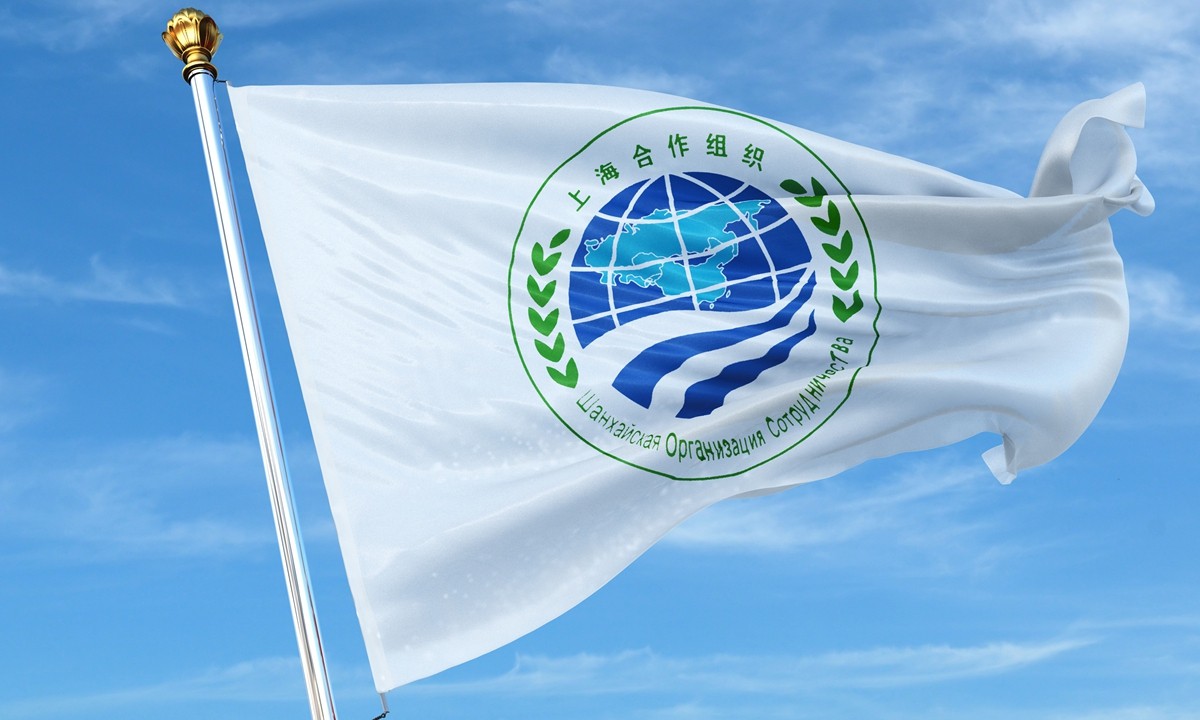
Sadaf Sajjad
In an era of increasing global uncertainty and shifting power dynamics, the Shanghai Cooperation Organization (SCO) stands as a beacon of multilateral cooperation in Eurasia. As tensions rise and fall across the globe, the SCO’s ability to maintain unity among its diverse membership could prove crucial in upholding the principles of multilateralism and ensuring regional security.
The SCO, comprising China, Russia, India, Pakistan, Kazakhstan, Kyrgyzstan, Tajikistan, and Uzbekistan, represents a significant portion of the world’s population and economic output. Its potential to shape the geopolitical landscape of Eurasia and beyond cannot be overstated. However, this potential can only be fully realized if the organization maintains a united front in the face of both internal challenges and external pressures.
Unity within the SCO is not merely a lofty ideal; it is a practical necessity for addressing the complex security challenges that confront the region. Terrorism, extremism, and separatism continue to threaten the stability of member states. Drug trafficking, cybercrime, and environmental degradation know no borders. These transnational threats require coordinated responses that can only be effectively implemented through multilateral cooperation.
By presenting a unified approach to these challenges, the SCO can leverage its collective strengths to develop comprehensive strategies that go beyond what any single member state could achieve alone. Joint military exercises, intelligence sharing, and coordinated law enforcement efforts are just a few examples of how unity can translate into tangible security benefits for all member states.
Moreover, a united SCO can serve as a counterbalance to external influences in the region. As great power competition intensifies, particularly between the United States and China, the SCO’s ability to maintain its independence and pursue its own agenda becomes increasingly important. By standing together, SCO members can resist attempts by external actors to exploit regional tensions or impose their own geopolitical visions on Eurasia.
However, achieving and maintaining unity within the SCO is no small feat. The organization faces significant internal challenges, not least of which are the historical tensions between India and Pakistan, and the ongoing border disputes between China and India. These bilateral issues have the potential to undermine the SCO’s cohesion and effectiveness if not managed carefully.
To overcome these hurdles, the SCO must double down on confidence-building measures and focus on shared interests that transcend bilateral disagreements. Regular high-level dialogues, increased economic cooperation, and cultural exchanges can help foster a sense of common purpose among member states. The organization should also work to strengthen its institutional mechanisms for conflict resolution and decision-making, ensuring that all members feel their voices are heard and their concerns addressed.
Furthermore, the SCO should consider expanding its scope of cooperation beyond traditional security issues. By collaborating on economic development, technological innovation, and cultural preservation, the organization can create a web of interdependencies that reinforces unity even in times of political tension.
As the world grapples with the challenges of the 21st century, from climate change to pandemics, the importance of multilateral cooperation has never been clearer. The SCO, with its vast resources and strategic significance, has the potential to be a leading force for stability and progress in Eurasia and beyond. However, this potential can only be realized if the organization maintains its unity in the face of both internal and external challenges.
The path forward for the SCO will not be easy. It will require diplomatic skill, political will, and a shared commitment to the principles of multilateralism. Yet, if the organization can navigate these challenges and maintain its unity, it will not only enhance the security of its member states but also contribute to a more balanced and stable global order.
In a world that often seems to be pulling apart, the SCO’s commitment to unity and multilateralism offers a different vision – one of cooperation, mutual respect, and shared prosperity. It is a vision worth pursuing, not just for the benefit of SCO member states, but for the entire international community.
Sadaf Sajjad is working as a Research Intern at the Islamabad Institute of Conflict Resolution (IICR).







